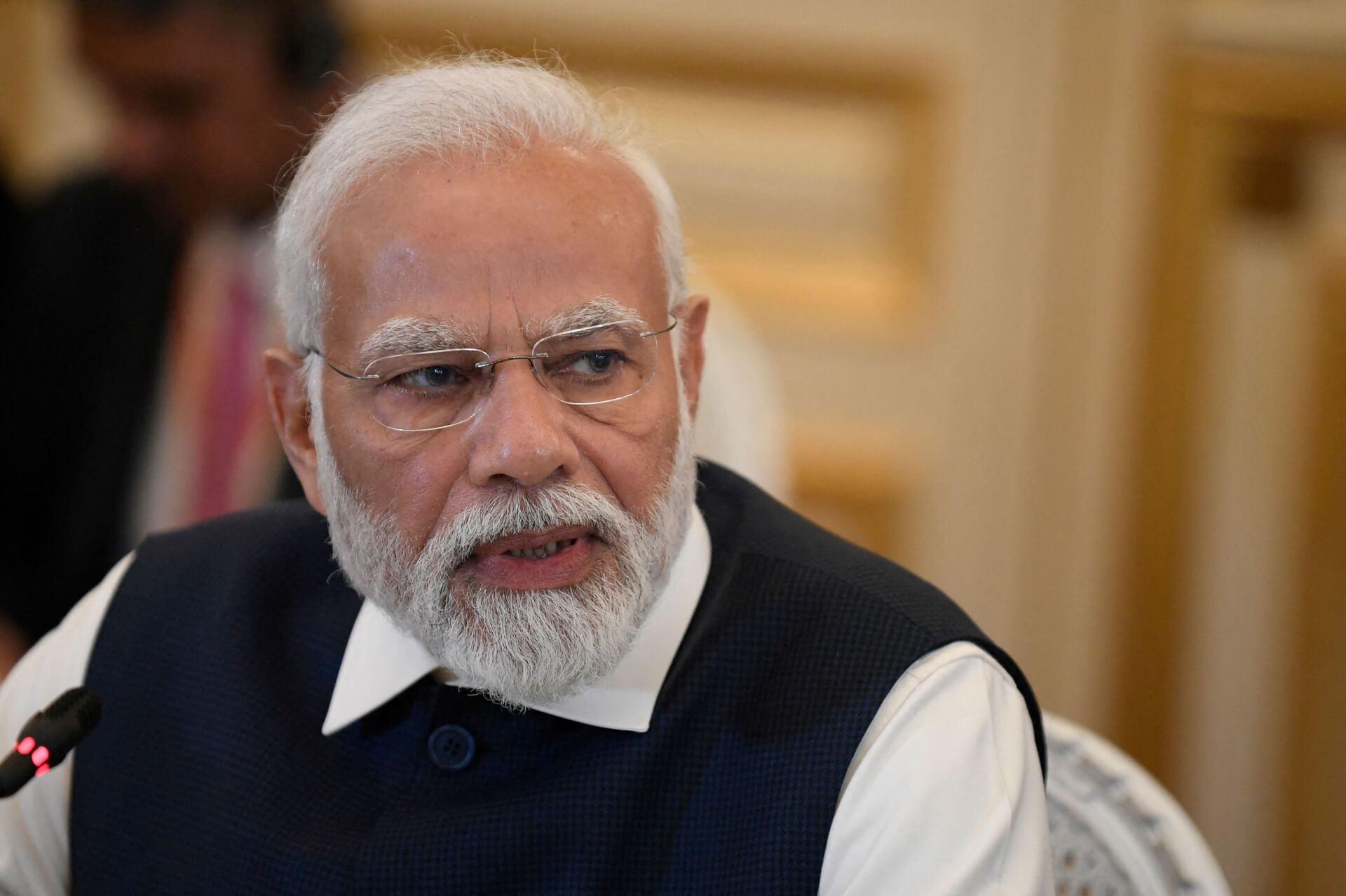A Reuters report on Wednesday cited sources as saying that Indian PM Narendra Modi will likely participate in the 15th annual BRICS summit in Johannesburg virtually instead of travelling to South Africa to attend the meeting physically.
The summit is scheduled to be held at the Sandton Convention Centre between 22 to 24 August and will see the participation from heads of state and governments of the BRICS member states — Brazil, Russia, India, China, and South Africa.
Modi to Participate Virtually
Reports have speculated that Modi will not attend the summit in person.
China’s dominance in the grouping is seen as one of the primary reasons for the decision behind India’s withdrawal.
India may be China-distancing. “One Indian govt official said there is growing discomfort in New Delhi about being part of groupings like BRICS and SCO which China dominates, especially as India inches closer to the United States and other Western powers.”https://t.co/bGyWHvOzZa
— Derek J. Grossman (@DerekJGrossman) August 2, 2023
On 4 July, India held the Shanghai Cooperation Organisation (SCO) summit virtually. The meeting was supposed to be an offline event in
Delhi, but India changed its plans suddenly a month before the event.
India’s hesitation to enthusiastically participate in groupings like SCO and BRICS, which China dominates, comes amid indications that India is increasingly leaning Westwards.
If the reports are true, Modi would be the second BRICS leader after Russian President Vladimir Putin to choose not to attend the summit in person.
Due to an International Criminal Court (ICC) arrest warrant against him, Putin’s visit would have posed a quandary for South Africa; under the warrant, South Africa, an ICC member, must arrest Putin if he steps into the country.
Expanding BRICS
In the upcoming summit, the member states are expected to discuss the grouping’s expansion by including new members.
Countries that have officially applied to join the BRICS
— The Spectator Index (@spectatorindex) August 2, 2023
🇩🇿 Algeria
🇦🇷 Argentina
🇧🇭 Bahrain
🇧🇩 Bangladesh
🇪🇬 Egypt
🇪🇹 Ethiopia
🇮🇩 Indonesia
🇮🇷 Iran
🇲🇽 Mexico
🇳🇬 Nigeria
🇸🇦 Saudi Arabia
🇦🇪 United Arab Emirates
🇻🇪 Venezuela
Last month, Anil Sooklal, South Africa’s top diplomat in charge of relations with BRICS, said that more than more than 40 countries had expressed interest in joining the group, with 22 of them having applied formally.
At the upcoming summit, discussions around new membership to Indonesia, Saudi Arabia, and Argentina will occur, with other front runners like the UAE and Egypt also being considered.
India, Brazil Oppose Expansion
India and Brazil have been reported to object to the expansion in preparatory talks for the summit.
India has suggested that other nations may engage with the five-nation grouping without formally becoming members.
The apprehensions on the part of India are largely because of the fear that China is using the bid to increase its economic and political clout among emerging markets. India has demanded stricter rules on how and when other nations can move closer to the group without formally expanding.
“India and Brazil are pushing back against a Chinese bid to rapidly expand the BRICS group of emerging markets to grow its political clout and counter the US, officials with knowledge of the matter said.” 1/5 https://t.co/TNge9KbEp7
— Gokul Sahni (@Gokul_Sahni) July 28, 2023
Brazil also opposes the move as it is wary of alienating the US and EU with concerns that the group is becoming a counterweight to Washington and the EU.
The two countries are mooting bringing in more countries with an observer status instead. Among other requirements, the two countries have sought criteria like a minimum level of GDP and trade with bloc members as prerequisites for membership.
However, sources have said India’s opposition to the expansion is less stringent than Brazil’s. Reports indicate that India might ask potential new members to support India’s permanent membership of the UN Security Council.
Meanwhile, in a recent development, during a meeting with representatives of foreign media, Brazilian President Luiz Inacio Lula da Silva remarked, “I consider it extremely important that Saudi Arabia, the [United] Arab Emirates, [and] if they want it, Argentina join the BRICS.”
Formed in 2009 after the first summit in Yekaterinburg, Russia, BRICS is one of the world’s most important economic blocs. The upcoming conference will be significant, especially in light of new political realities with China’s rise and Russia’s involvement in the Ukraine War.

